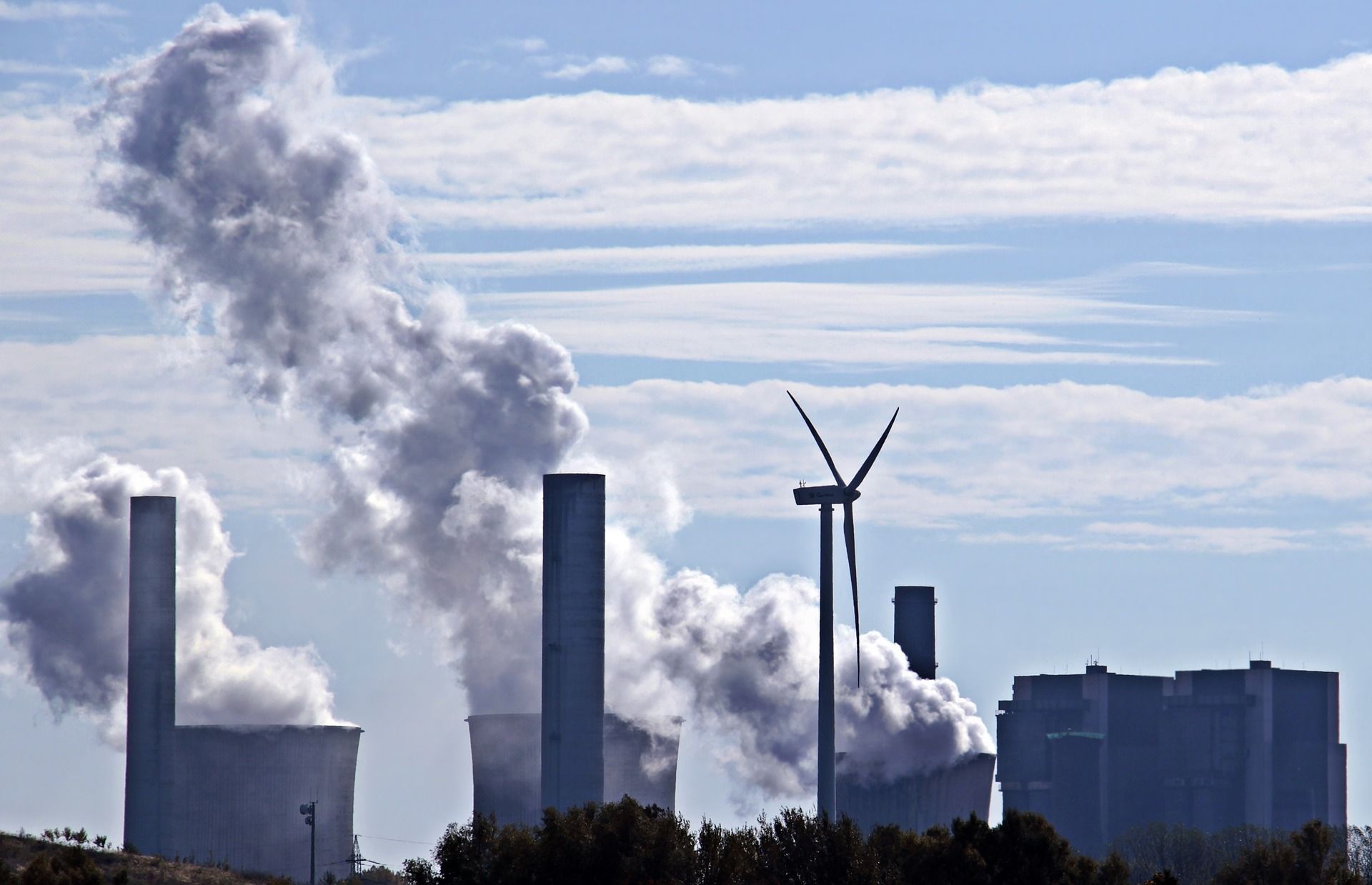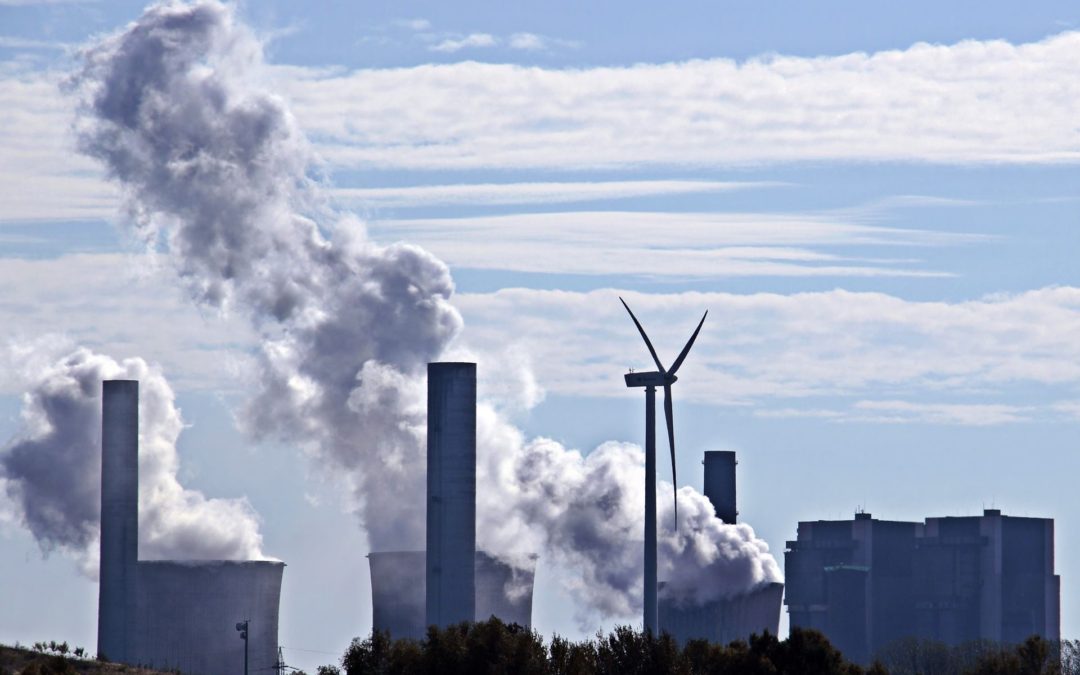
Indonesia, Vietnam, Bangladesh and the Philippines have shut down coal power projects that together would have generated almost 45 gigawatts . That is about a quarter of all coal power capacity in Germany today.
All four countries are in great need of energy and the fact that they are now abandoning coal for cheaper and more sustainable energy sources shows that coal is finding it increasingly difficult to be competitive.
One reason why so many projects have been closed down is that many banks now see coal power as a risky investment. Banks in South Korea and Japan that previously invested heavily in coal power have now pulled the emergency brake. As a result, for example, 29 coal-fired power plant projects in Bangladesh were no longer economically defensible and were therefore scrapped.
In total, there are 600 billion dollars in planned investments in coal power around the world, which risk becoming unprofitable even before they start construction.
The reason why banks do not want to lend to coal power is that sustainable energy is now cheaper than coal power in these countries. The banks therefore see loans for sustainable energy as safer investments, which means that many countries are investing in these energy sources instead. The Philippines, for example, expects solar power to account for 35 percent of its electricity supply by 2030.
Bangladesh is heading in the same direction. They are still going to build three new coal-fired power plants, but from the beginning it was thought that it would be 32. Vietnam has stopped the construction of seven new coal-fired power plants and put six others on ice.
Politicians have also noticed where the wind is blowing and now want to get away from coal power. In the Philippines, for example, the government has now stopped the construction of all coal-fired power plants in the future .
– This will help build more sustainable energy systems that are better suited to the coming structural changes in energy needs and provide opportunities for more domestic technological innovations, says Alfonso G. Cusi, Minister of Energy in the Philippines.





